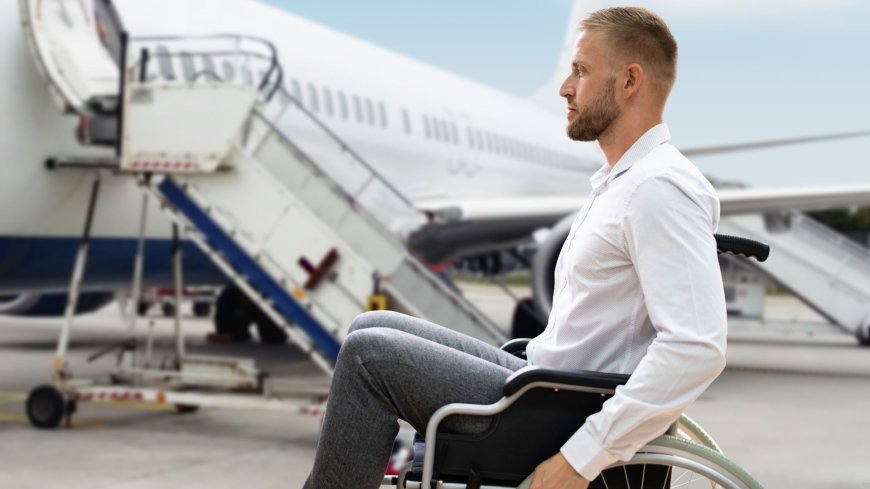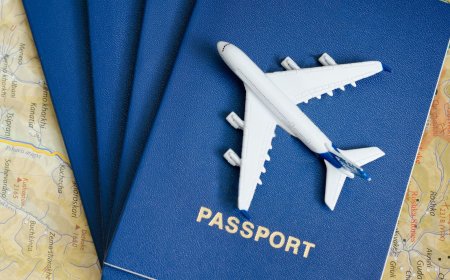Australia’s Migration Rules: Challenges for Families with Disabilities
Australia's tough immigration policies challenge families with disabilities. A Scottish family faces deportation due to their son's cystic fibrosis, highlighting systemic issues.

A two-year-old boy born in Australia faces a precarious future due to his cystic fibrosis diagnosis. His parents, who moved from Scotland eight years ago to fill vital roles—his mother as a nursery teacher and his father as a painter-decorator—might have to leave the country because his medical condition deems him a financial burden under Australian immigration policies.
Australia estimates the boy's treatment could cost around $1.3 million. Despite appealing the decision, the family risks deportation if their appeal fails. This situation underscores a harsh reality for migrants with disabilities or chronic health conditions: regardless of their contributions or ability to privately fund healthcare, they face stringent immigration barriers.
Approximately 30,000 Brits moved to Australia last year, but those with disabled family members face significant challenges. One such case involves a former London Metropolitan Police officer with job offers from Queensland Police Service and South Australia Police. However, her daughter’s Down Syndrome makes her visa application highly unlikely to succeed, despite her daughter being fit, healthy, and active.
The core issue is Australia's visa medical requirements, which stipulate that if projected health and welfare costs exceed AU$86,000 over ten years, applicants are typically denied. This policy persists despite a 2019 United Nations warning that Australia might be discriminating against disabled migrants and their families. The policy echoes Australia’s historic, now-defunct White Australia Policy, which was explicitly exclusionary.
Despite advancements such as the Racial Discrimination Act of 1975, the Disability Discrimination Act of 1992 did not eliminate health-related exclusions established in 1901. Critics argue that current policies are outdated and discriminatory.
Australia’s Immigration Minister declined to comment, but the department confirmed a review of health requirements is underway. Advocacy groups have urged legal reforms to facilitate the inclusion of disabled migrants.
Families like this one are left in limbo, hoping for a compassionate resolution that will allow them to stay in the country they consider home.
What's Your Reaction?
 Like
0
Like
0
 Dislike
0
Dislike
0
 Love
0
Love
0
 Funny
0
Funny
0
 Angry
0
Angry
0
 Sad
0
Sad
0
 Wow
0
Wow
0







































































































